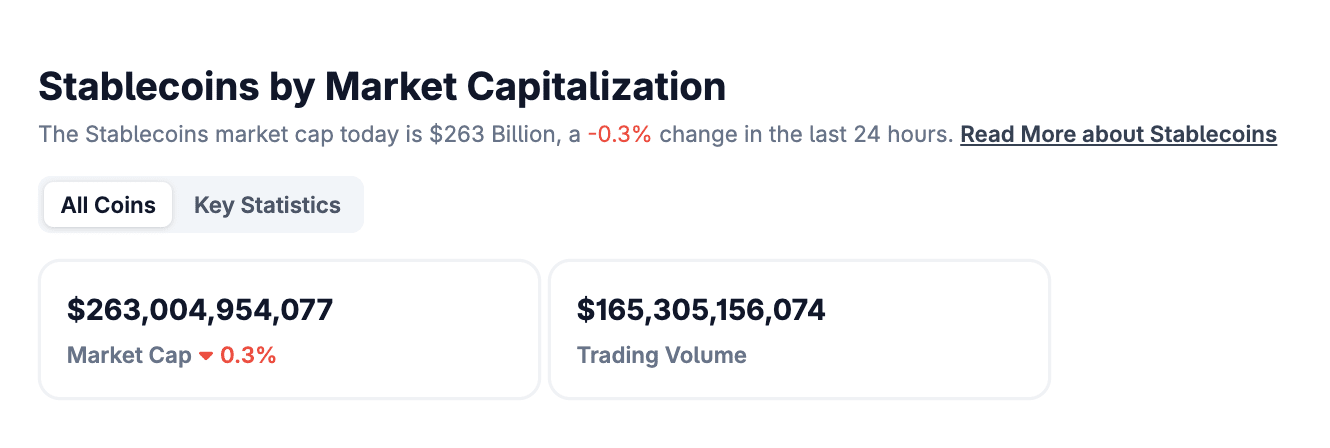Dimon admitted doubts about the practicality of stablecoins, but stated that participation is necessary for competition.
According to a report by CNBC, JPMorgan CEO Jamie Dimon expressed a contradictory attitude towards stablecoins during the earnings call on July 15, questioning their actual use while announcing that the bank would expand its stablecoin business.
Dimon stated: 'We will participate in both JPMorgan's deposit coin and stablecoin businesses to understand and master this technology. I believe they are real, but I don’t understand why to use stablecoins instead of direct payments.'
This long-time critic of cryptocurrencies, the banking industry giant, acknowledged that despite doubts about the necessity of stablecoins, JPMorgan has no choice but to enter the industry to maintain competitiveness. He pointed out that fintech companies are using stablecoins and blockchain tools to erode traditional banking business.
'These guys are very smart; they are figuring out how to create bank accounts, enter payment systems, and reward programs. We need to stay vigilant about this. And the way to stay vigilant is to participate.'
Last month, JPMorgan announced the launch of a stablecoin-like product called 'JPMD Token' for limited client use, which will be trialed on the Base blockchain network developed by Coinbase. This pilot program is expected to last several months, primarily targeting institutional clients for on-chain digital asset settlement and cross-border business transactions.
Further Reading
JPMorgan Applies for JPMD Crypto Platform Trademark! What is the investment bank planning?
JPMorgan Turns Around! Accepts Bitcoin ETF as loan collateral, incorporates crypto assets into net worth assessment.
Major U.S. banks are actively positioning themselves in the stablecoin market, with regulatory legislation serving as a catalyst.
In addition to JPMorgan, other major U.S. banks are also actively considering entering the stablecoin market. Citigroup executives stated during the same earnings call that the bank is 'considering issuing a Citigroup stablecoin' and believes that tokenized deposits and digital asset custody have immediate utility. Bank of America CEO Brian Moynihan also expressed a similar intention to participate.
The timing of these banking giants' actions is not coincidental. The U.S. House of Representatives was preparing to vote on stablecoin-related legislation (the GENIUS Act) this week, but it was defeated with a procedural vote in the House, resulting in 196 votes in favor and 223 votes against.
Treasury Secretary Scott Bessent stated that with the push for regulatory clarity, the value of the stablecoin industry is expected to reach $2 trillion at some point in the future.
According to CoinGecko data, the current stablecoin market size is approximately $263 billion. Geoff Kendrick, Head of Digital Asset Research at Standard Chartered Bank, predicts that with the push for clear regulations and the passage of the GENIUS Act, the market size could grow more than threefold by the end of 2026. He pointed out that once the stablecoin market reaches a size of $750 billion, it will begin to reshape the U.S. Treasury market.
 Image Source: CoinGecko The current stablecoin market size is approximately $263 billion.
Image Source: CoinGecko The current stablecoin market size is approximately $263 billion.
Traditional financial institutions are shifting their strategies from skepticism to pragmatic participation.
Dimon's remarks reflect a significant shift in Wall Street's attitude towards cryptocurrencies. In less than two years, many traditional financial institutions have changed their views on cryptocurrencies. BlackRock's spot Bitcoin ETF has amassed hundreds of billions in assets, and Vanguard has become the largest shareholder of Strategy, a company focused on Bitcoin investments, through its funds.
Although Dimon has previously called Bitcoin a 'Ponzi scheme,' he now admits that JPMorgan will allow clients to purchase Bitcoin, although the bank will not hold this digital asset itself. He sees stablecoins as a practical extension of existing payment infrastructure, believing that stablecoins aimed at retail customers will provide settlement options for a broader customer base.
Analyst Greg Magadini pointed out that the biggest competitive advantage of large banks is their ability to collaborate with each other, much like they have with the Zelle payment processing system; they may attempt similar collaborative models in tokenized deposits. However, when asked if he would collaborate with other banks to launch a joint stablecoin initiative, Dimon did not give a clear answer, only stating that he would 'consider all options.'
'Love to hate and hate to love? JPMorgan CEO: Stablecoins are really unnecessary, but if the market needs it, we'll issue it.' This article was first published in 'Crypto City.'

